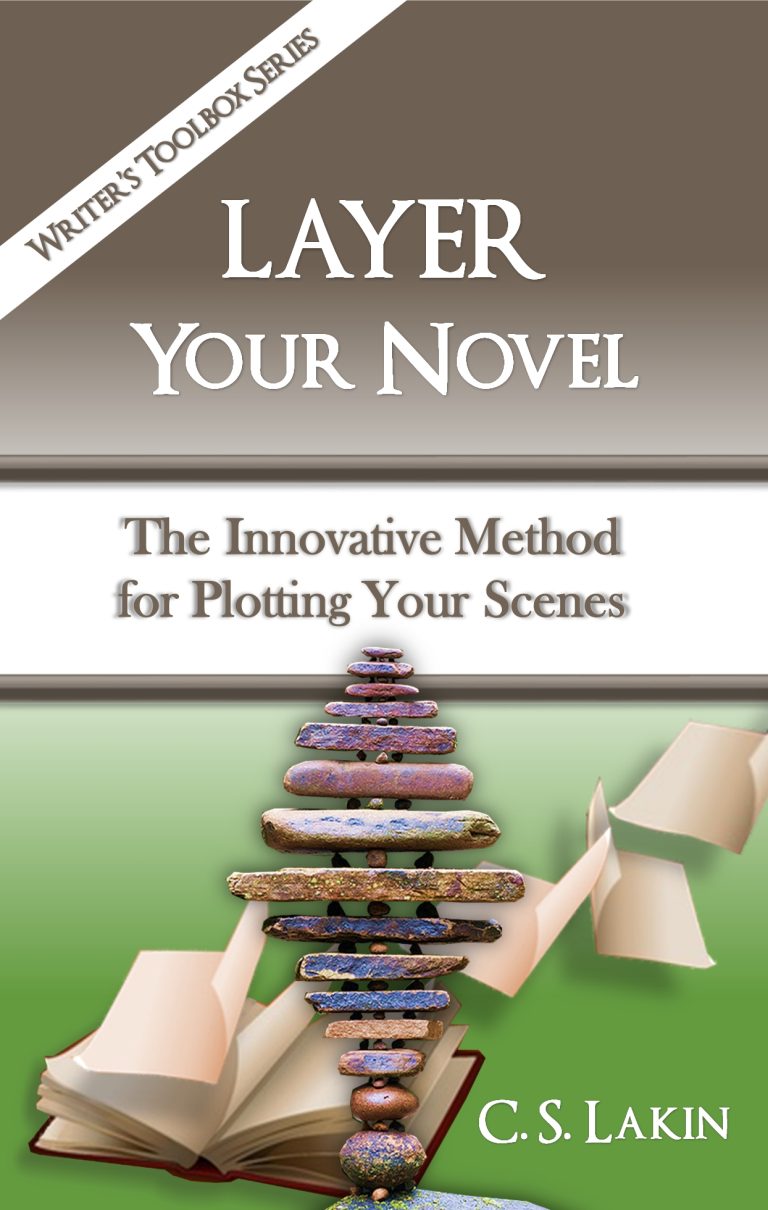How “Pantsing” May Be Harmful to Your Health
Pantsing? No, it’s not in the dictionary. But it’s a common word among novelists. Hey, we’re wordsmiths. We can make up words if we want to, right?
In novel-writing circles, there are “pantsers” and plotters. Usually there is a great divide, with the plotters astonished the pantsers can ever get a novel written and the pantsers decrying that by giving in to outlining, a writer is wholly compromising her integrity and tossing creativity out the window.
Since I’m an avid plotter, and I’ve written countless blog posts that explain why, I’m going to wiggle out further on my limb and, once more, advocate for plotting.
And, in doing so, I will pop a few bubbles.
Bubble #1: “I just can’t outline! I’ve tried it!” I really liked Catherine Coulter’s remark last week at Thrillerfest as she was asked about whether she outlined or “pantsed” her way through her many best-selling novels: “I can’t outline. I don’t remember roman numerals.”
Wow, that’s an excuse for not outlining! But I get it. A lot of people have bad school memories of having to outline boring history lectures in seventh grade (I’m raising my hand). No one says you have to use roman numerals! Come on!
Outlining can take a lot of different forms, but here’s the gist: plotting means spending time thinking out your plot and getting your ducks in a row. Maybe some famous, successful authors don’t use roman numerals but instead plot in their heads, not writing scenes down in some kind of order. Which brings me to . . .
Bubble #2: “Stephen King doesn’t plot. And look how great his novels are.” Right. There’s a reason his books follow basic novel or story structure. He’s done this so long and has done his homework, so that he knows it in his head. All the best-selling authors I’ve talked with get story structure. Yes, they are outlining and plotting. You just can’t tell. And sometimes they brag about their amazing prowess at being able to “whip out a novel” without spending any time at all plotting. The scenes just “flow” and “it all comes together.” Which brings me to . . .
Bubble #3: “I spend months figuring out my story and characters, and I throw out draft after draft, and when I’m up against a deadline I’m super stressed because I have to turn in this novel I’ve been agonizing over for a year and still don’t know what will happen at the climax . . .” Yes, I did hear that from a top NYT’s best-selling author just last week at Thrillerfest, as said author bragged about never outlining or plotting and loving the stress.
Um . . . excuse me?
I’ve heard this broken record over and over. These authors pretend to love the stress. They talk about wanting to cry and tear their hair out, ad drama, ad nauseum. Sorry to be so snarky. Well, actually, no, I’m not sorry. I apologize if I’m offending you, but if you are clinging to your “pantsing,” and you are either spending way too many months on writing that novel or agonizing more than necessary (I can give you a meter for that) over the process, I want to pop your bubble.
Bubble #4: “Plotting or outlining takes all the creativity out of my story!” One successful author (the same one mentioned in Bubble #3) said if you outline, you will never write good twists (Huh??). That outlining kills creativity.
Does that remark even merit a response? I think not. However, I’ll merely defer to my usual argument about the eighty-eight piano keys. Keys that delineate the boundary of creativity on this instrument. Only eighty-eight keys? How can anyone ever create a great piece of music with such a framework?
I wonder how many spectacular pieces of music have been composed for piano. Those eighty-eight keys are really a burden and restrict creativity. Right?
Not.
Bubble #5 (which connects to Bubble #4): “If I outline, I’m stuck with it. Like concrete.” Huh? Who set that rule? Just because you lay out your scenes and have everything figured out, have done all your research, and know your characters inside out, that doesn’t mean you can’t wander around a bit.
I sometimes use the analogy of a trip. You have three weeks and want to visit six cities. That’s your plan, and you don’t want to change that. You could liken this to your premise and general plot that you have in mind (you do have that, at least, right?). You have a starting point—your home. Within those three weeks, you aim to go from point A back to point A (return home), right? You might take a plane or a boat or a train for all or part of the trip. You might rent a car. You might stay three days in one place, then move on to the next city. You may stay in a swanky hotel or camp out on the city park bench.
Within that time period, you can make a lot of choices. You logically want to save time and money, so you aren’t going to fly from NY to LA, then fly to Ohio and then to Arizona (not unless you’re in the NBA and you can’t change the road-trip schedule). When you “pants,” this is often what your “trip” ends up like. All over the map.
If you’re at all concerned about time and money, you’ll figure out a basic, logical plan so that you visit those six cities in logical fashion. Maybe start with the city farthest from home and work your way back. Or the reverse.
When you plot out a novel, you have a plan. Hopefully you have a tight, terrific plan. You might veer off track here and there, but when you use an outline and frame up the key scenes of your story, you aren’t going to take a left turn at Albuquerque and end up in China, scratching your head and wondering how the heck you are going to find your way back home (especially if you’ve spent all your money and maxed out your credit cards).
Stop saying you can’t plot because 1) it will kill your creativity, 2) it will harden you into concrete, 3) it will make you write formulaic stories (that’s another post—why you want formula!), and 4) you’ll have to learn roman numerals.
Those are all bubbles. And bubbles are easy to pop. What isn’t a bubble is this truth: If you learn novel structure and you frame up your story using traditional placement of your key scenes, you will have the best foundation for writing a terrific novel.
No guarantees, of course. But here’s what I’ve learned: plotting saves time and it minimizes stress. Hands down. I have never, ever met a pantser that didn’t waste time and experience unecessary stress. I mean it. Some people are gluttons for punishment. I am not. Maybe you aren’t either.
This is why I write all those craft books. And why I’ve put together my new online video course: The Ten Key Scenes That Frame Up Your Novel.
Want to quit pantsing and save time and reduce your stress level? Take my course.
It goes deep into the first ten scenes needed to frame up your novel. The course includes more than two dozen video clips from movies, along with excerpts from novels, all to help you truly “get” the framework.
Get Half Off the Course!
Enroll in The Ten Key Scenes That Frame Up Your Novel before the launch date, August 20, and get HALF OFF!
This course is priced at $99 (cheap for the amount of content you get!), and if you choose the Early Bird option before August 20, you pay only $49! CLICK HERE to learn more. This is a course you take at your own pace, with lifetime access and a 30-day money-back guarantee, so what do you have to lose? Nothing. But you have a lot to gain, and that’s novel mastery!
Stop pantsing already!












Now, you know you’re going to hear from the pantsers, right? 🙂 I’m a pantser and have experienced little stress in writing my books. I describe it as, “following my characters around and writing down what they do.” That’s exciting. When they run out of things to do, I make a ‘what if’ list for each one. I choose one of the options, drop it on them and watch/write what they do.
In my genre of Contemporary Christian Women’s Fiction this works. If I was writing a mystery, it might not work (i’ve never tried) because of all the clues that would have to be woven into the story.
I have found pantsing a story some of the best fun I’ve ever had. (I may need to get out more.)
Right there with you on plotting as an accomplice to a good story. In my previous incarnation as a Marine officer, we always had a plan from which to depart, even though most of us said tongue in cheek that the plan goes out the window when rounds start flying. It really doesn’t & most of us found it easier to adjust if we had a plan, to begin with.
I think the more purpose-driven your story, the more likely you are to be a plotter. If you have a theme/message in mind, you can write yourself into it…people do it all the time. I suspect, however, they catch themselves in a muddy middle obliged to plot their way out of the mud. If you like mud on your boots, maybe that’s okay. for me, I want the mud on my boots to be a matter of choice, rather than accident.
I think there is a large grey area between a pantser and a plotter. And it usually differs from novel to novel, and where the person is in his writer’s journey.
Hi Nita:
I think you’re right. For me, the less plotting I do, the muddier the middle is. It’s taken me four books to figure that out, but I was never the quickest on the uptake… 😉
I’m more of a plotter than anyone I know or anyone I’ve heard of. I have every scene meticulously planned before I ever write it. I NEVER GET WRITERS’ BLOCK either.
But it’s totally different within the scene. I know how the scene starts, who is there and why, what the arc(s) will be, what needs to happen, and how it ends. That gives me the framework to *pants* that scene as well as I can. I start by asking “how can I make this scene the best short story I’ve ever written?” Then I begin writing.
I don’t write novels. I write dozens of tightly woven scenes that stay on track because they’re planned well in advance.
Great way of looking @ it, IMO.